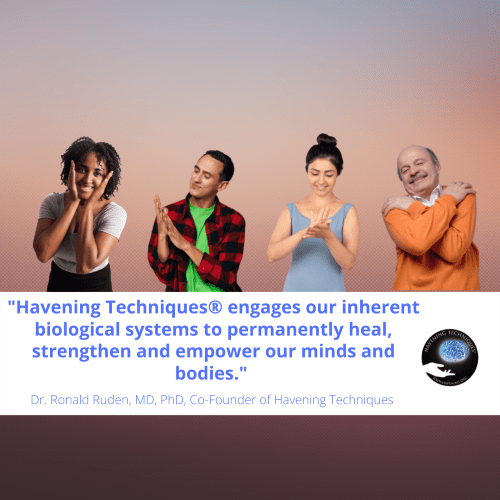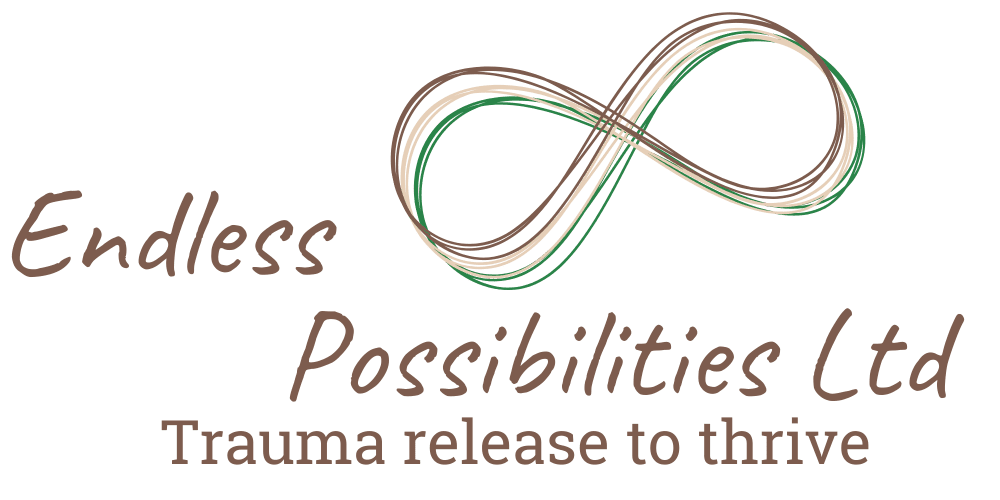999 & ED pilot research study.

Using Self-Havening to build resilience.
999 emergency frontline staff to include fire, police and ambulance.
Emergency department healthcare workers, nurses, and doctors.
Research study hypothesis:
Regular use of Havening Techniques will result in a statistically significant stress reduction, and increased resilience whilst working on the frontline, ultimately contributing to personal well-being.
Benefits for 999 & ED Staff to join the study
- 1. Stress Reduction and Emotional Well-being: there will be a track on progress of your stress release whilst participating in regular guided Havening sessions using SUDS scores at the start and end of each session using a Zoom poll. The aim of each guided session is to reduce the SUDS score to 0 for each person of stress presenting within the body and mind at the start of each session. At the end of each session, there may be a significant reduction in stress, improved emotional stability and less anxiety, (Sumich et al., (2022).
- 2. Burnout Prevention: Exposure to trauma and high-intensity situations can lead to burnout. By practicing Havening regularly, you may find it easier to manage your stress levels, prevent burnout, improve job satisfaction, and even extend your career longevity.
- 4. Improved Sleep and Recovery: Irregular sleep and high stress are common in emergency services. Havening techniques, particularly those designed to help you unwind before bed, could help improve your sleep quality and speed up recovery times.
- 5. Increased Emotional Resilience: Havening helps you reconnect with your body and mind, building the emotional resilience needed to recover quickly from traumatic events. You might notice a reduction in stress related symptoms and an overall improvement in your ability to regulate emotions.
- 6 Increased decision making and focus. As an emergency worker, you’re required to make quick, critical decisions under immense pressure. By reducing stress in the nervous system, it enables you to focus and therefore increase likelihood of improved decisions and outcomes. Zabin et al., (2023) found a reduction in stress of nurses improved patient safety culture.
What is expected of me if I join the study?
- Pre and post survey to be completed to measure resilience before and after 3 months using the Short Resilience Scale ™ (Wagnild and Young, 1993). This is an assessment of baseline resilience levels using a gold standard survey that researchers have used for over 30 years.
- Each participant will be required to attend at least 5 guided one hour sessions online over 3 months. They will be held weekly. These can be held off camera in a private psychological safe and confidential space if preferred.
- Each hourly guided Havening session will gather pre and post stress score known as ‘Subjective Units of Distress’ (SUDS) score.
- If a participant is unable to attend weekly guided sessions, they can use the recorded audio resource of a Certified Havening Techniques Practitioner guiding them to follow a Self-Havening practice. They can journal their SUDS before and after.
- Each participant will be required to practice daily self havening for at least 30 – 90 seconds in the morning and evening.
- Each participant will be expected to self haven after a stressful event that creates a negative thought or negative emotional response in the body or mind to eliminate stress in the nervous system.
Register to attend an introductory session for Q & A.
Register here to join a Q & A session to learn more.
